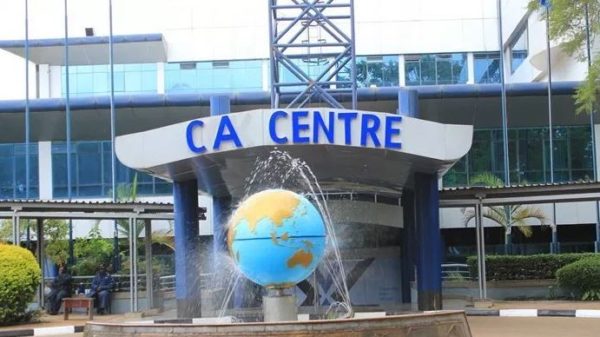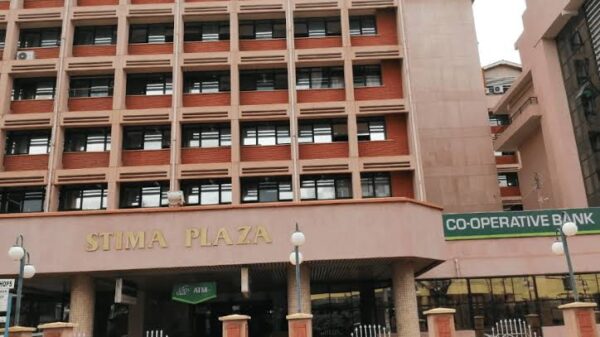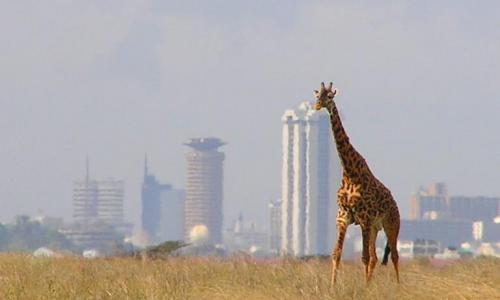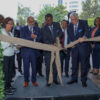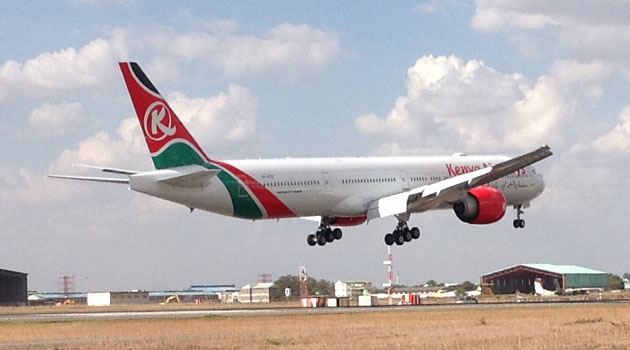NAIROBI, Kenya, June 25 — The Friends of Nairobi National Park (FoNNaP) has rejected a recent proposal by Central Organisation of Trade Unions (COTU) Secretary General Dr. Francis Atwoli to dissolve Nairobi National Park to make way for urban development.
In a public statement, FoNNaP criticised the proposal, which suggested relocating wildlife to the Maasai Mara to decongest Nairobi. The organisation argues that removing the park would undermine conservation efforts, pose logistical and ecological challenges, and harm Nairobi’s economy and international image.
Established in 1946, Nairobi National Park spans 117 square kilometres and hosts over 100 mammal species and more than 500 bird species. It is the only national park within a capital city globally and is viewed by conservationists as a key example of urban-nature coexistence.
FoNNaP warns that dissolving the park would cause environmental degradation. The park plays a role in carbon absorption, air quality regulation, and maintaining local biodiversity. It also supports endangered species such as the black rhinoceros and the white-backed vulture, whose habitats would be lost.
The organisation also raises concerns over the feasibility of translocating the park’s wildlife. Relocating large numbers of animals—ranging from rhinos to small mammals and birds—would be resource-intensive and risk high mortality. FoNNaP notes that Maasai Mara may not have the ecological capacity to absorb these populations, particularly given differences in habitat and already existing wildlife pressures.
Economically, Nairobi National Park contributes to the tourism and hospitality sectors, attracting local and international visitors. Removing it, FoNNaP says, would negatively impact revenue streams and reduce employment opportunities linked to conservation and ecotourism.
FoNNaP also points to the park’s cultural and educational significance. It serves as a site for environmental education and community engagement. The group suggests that investments in educational infrastructure within the park could enhance learning and create pathways to conservation careers.
The proposal to dissolve the park also conflicts with government policy. In April 2025, the government approved a wildlife corridor linking Nairobi National Park to the Athi-Kapiti ecosystem. The 100-metre-wide corridor was designed to facilitate animal migration and reduce human-wildlife conflict. FoNNaP argues that dissolving the park would undermine this initiative.
The organisation further notes public opposition to the proposal, including backlash on social media. It cautions that dismantling the park could set a precedent for land grabbing and disregard for protected areas.
FoNNaP concludes by urging government agencies, urban planners, and citizens to uphold conservation commitments and integrate environmental planning into Nairobi’s urban development agenda. The organisation supports infrastructure development that coexists with protected green spaces and promotes sustainable urban growth.
FoNNaP is a non-profit membership organisation working with the Kenya Wildlife Service to protect the wildlife and ecosystems of Nairobi National Park and surrounding areas.

